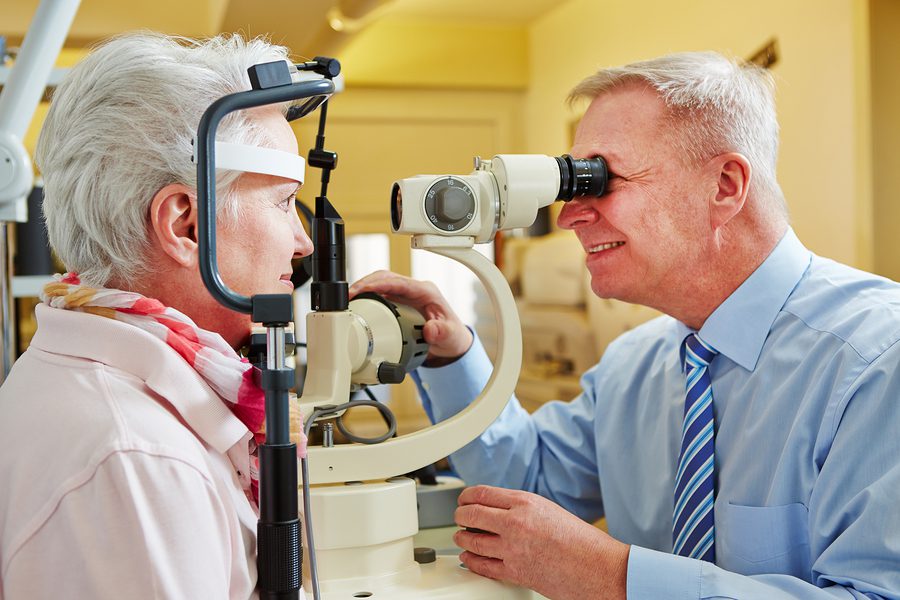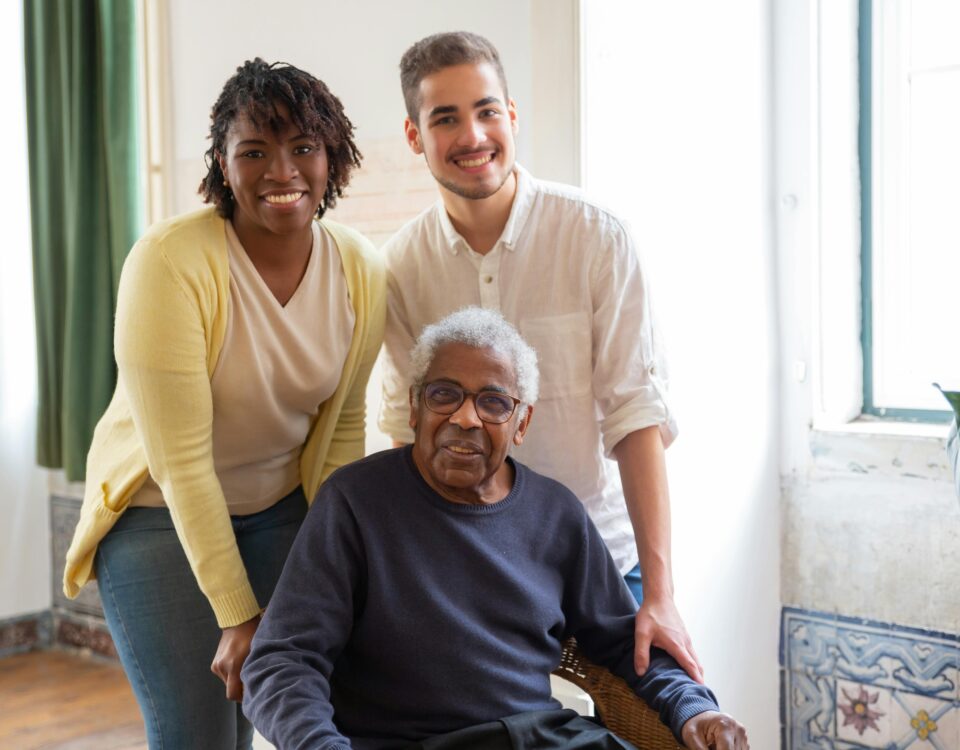You can’t always be there. But we can.
5 Facts About Glaucoma and the Elderly

Celebrate National Library Lovers Month with an Elderly Adult
February 25, 2019
What Products Can Help to Improve Safety in Your Parent’s Bath or Shower?
February 27, 20195 Facts About Glaucoma and the Elderly
There are plenty of health issues that aging adults can develop that limit their ability to live on their own. While most seniors have a strong desire to live independently and not depend on anyone, the realities are that a decline in health and wellness usually means that family caregivers and home care providers must step in and assist. Few health issues can change how seniors live than a loss of vision, specifically eye diseases like glaucoma.

Caregiver Northridge CA – 5 Facts About Glaucoma and the Elderly
Glaucoma is one of the leading causes of eye disease in the country, and aging adults have the highest risk of any age group in developing the disease. Family caregivers have a responsibility to learn what they can about glaucoma, so they can help their elderly loved one with preventing the disease, recognizing symptoms and adhering to treatments as needed.
Here are 5 facts that you need to know about glaucoma and how it can seriously affect your aging loved one’s vision and ability to live independently.
- Glaucoma is an eye disease with no cure.
Within the eyes are bundles of nerves known as the optic nerve. It is surrounded by fluid that normally maintains a pressure equilibrium. This fluid drains regularly, but when it doesn’t there can be too much pressure on the optic nerve. This pressure causes damage to the nerve and subsequently to the person’s vision, if not treated properly.
- The early stages of glaucoma show no noticeable symptoms.
By the time seniors feel some of the commonly noticed symptoms of glaucoma, the disease has already progressed to a point where treatments are difficult. Common symptoms include tunnel vision, headaches and blurry vision. However, an eye doctor can detect early glaucoma via an eye exam and begin treatment quite early if discovered. That’s why eye exams are so important in catching glaucoma early.
- Risk factors for glaucoma center on age, race and health.
The risk factors of glaucoma can help family caregivers and home care providers facilitate frequent eye exams for seniors. Seniors with a family history of glaucoma, high blood pressure, diabetes, and an African-American, Hispanic or Asian heritage are more likely to develop glaucoma. Anyone over the age of 60 is also at a higher risk of developing the disease.
- Glaucoma treatment is important to slow the progress of the disease.
When eye doctors diagnose glaucoma in an elderly adult, they will prescribe medicated eye drops to help control the pressure build-up in the ocular cavity. This medication must be taken regularly and consistently to have an effect. If aging adults are not able to remember to take the medicine, family caregivers and home care providers may have to remind them every day.
- Late stage glaucoma requires in-home care for seniors.
If the glaucoma has progressed to the point where vision is seriously impaired, aging adults will need in-home care. Family caregivers and home care providers must assist with daily tasks and take over many of the household responsibilities, such as cleaning, meal preparation and more. Glaucoma is a serious disease that should be detected treated early via regular eye exams to avoid a complete loss of vision and a drastic change in lifestyle for seniors who want to age at home.

